June 2024
Features
-
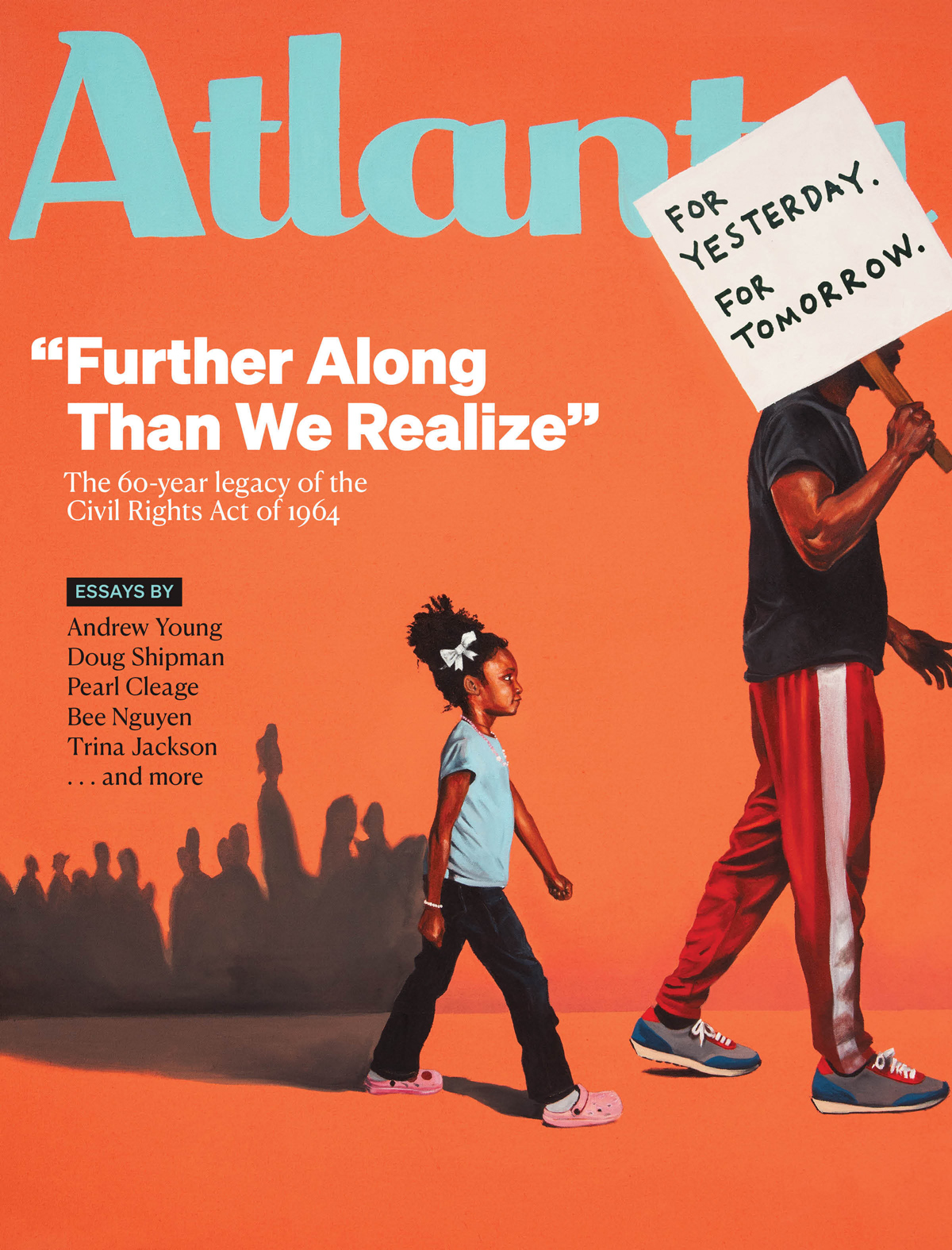

Yehimi Cambrón Álvarez: Atlanta instilled activism in me as a child. It sparked a blaze as I became an adult.
I grew up steeped in Atlanta’s civil rights movement. I remember singing “We Shall Overcome” at the King Center before I could fully speak English. The activism Atlanta instilled in me since childhood sparked a blaze when I began transitioning into adulthood, and the system began transitioning me into a state of “illegality.”

Terence Moore: The New South is often new in name only
I grew up as a Northern Black during the 1960s, with the insight of a Southern Black. That’s because my parents were children of the Great Migration of the 1940s. While Dad’s family came to South Bend, Indiana, from Dell, Arkansas, Mom’s folks traveled to that same city from Palestine, Mississippi. My maternal great-grandfather was around often. Before he died in 1964 at 111, as the oldest person in the United States, he told us about his time as a water boy during the Civil War.

JaDen “Mars” Terrell: My identity is not a limitation but a source of strength
The civil rights movement instilled within me a profound sense of empowerment, igniting a flame of courage and conviction within my soul. Through the struggles and sacrifices of courageous individuals, barriers were shattered, and doors of opportunity swung open. Growing up in the aftermath of this movement, I understood that my identity was not a limitation but a source of strength. The movement’s legacy of fighting for equality and justice empowered me to embrace my true self, to express my beliefs, and to stand tall in the face of adversity.

CB Hackworth: We, as Americans, need to own our past and defend our present
Matters involving race have influenced the trajectory of my life and career. It’s been an extraordinary privilege to work for nearly two decades with Andrew Young, the civil rights leader and politician, who often points out the great amount of change that has been achieved, especially here.

Trina Jackson: Listen to what young people imagine the world could be
Some of this hatred, I think, is in response to this philosophical idea of lack, this idea that there are not enough rights, there’s not enough justice. There’s not enough love, not enough healthcare, not enough food. And if some other people get it, we’re not going to get it. But there is enough. There is plenty.

Doug Shipman: We must embrace not only the letter but the spirit of the Civil Rights Act
I was born almost a decade beyond the passage of the Civil Rights Act of 1964, and although some things had changed, many were still stuck in the past. My small town in rural Arkansas was isolated in many ways, including lacking much diversity of any kind.

Bee Nguyen: As the daughter of immigrants, I live between two worlds
As the daughter of immigrants, I live between two worlds. One is shaped by my clumsy Vietnamese tongue, my mother’s pho, and the aching trauma and grief borne by a country I have never visited. The other is foreign to my parents: My rapid English passes by their ears, and my attitude toward failure is a privilege they never dared possess.

Raquel Willis: Nearly a decade ago, I made a lifelong commitment to collective liberation
As a Black ’90s baby growing up in Augusta, Georgia, my elders assured me that most major victories against systemic oppression had been won. Racism stood little chance of blocking me from a successful life, and my privileges—coming from a two-parent, middle-class household and excelling in school—would make me damn near invincible. But discovering my queerness at an early age shattered any certainty of an easy life.

Ruwa Romman: Discrimination colored my life, but it put me on the path of advocacy and civic engagement
When I was in high school, my teacher overheard a classmate mention that I’m Palestinian. He pulled me into the hallway to interrogate me to make sure my family and I didn’t have ties to Hamas. There was no reason for him to believe this other than my identity. This kind of discrimination would color my entire life, but as a result, it forced me to see the systemic injustices around us.

Fahamu Pecou: The success of Black Atlantans today is a testament to the power of Black visibility
In the rich red clay of Georgia, long before Atlanta earned its reputation as the “City Too Busy to Hate,” the seeds of Black mobility and viability were planted. Esteemed institutions like Morehouse, Spelman, Morris Brown College, Clark College, and Atlanta University attracted talented Black minds from across the African diaspora to Atlanta. Just as the converging rail lines of Terminus brought economic development to the area, the Atlanta University Center has served as a vital artery for Black cultural, political, and spiritual growth.

Steven Lebow: The Civil Rights Act changed things, but there are doors that still need to be opened
The passage of the Civil Rights Act sent me on a journey that I am still walking today. In 1987, I marched with Hosea Williams to integrate Forsyth County. In 1993, I organized the movement to protest the Cobb County anti-gay resolution. By 1994, 30 years ago, I began to lead the cause to completely exonerate Leo Frank, an innocent man who was lynched in Marietta in 1915.
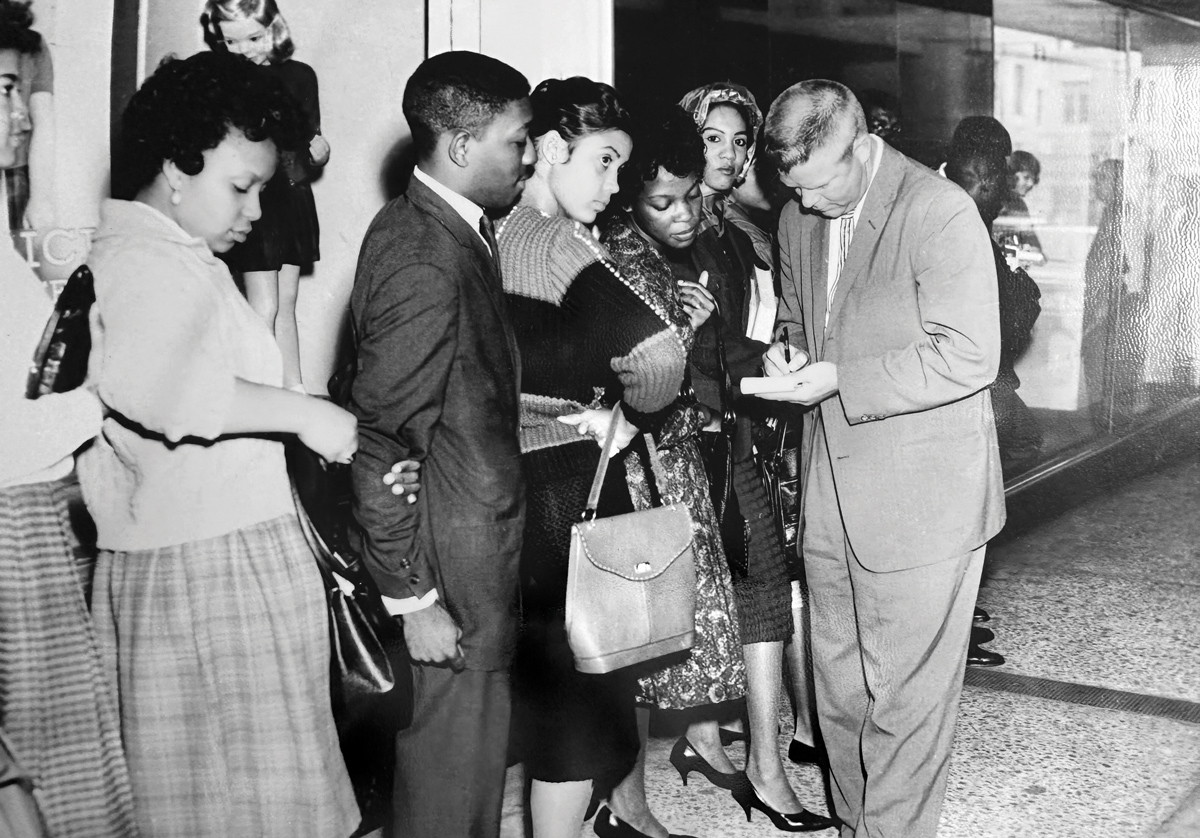
Anne Ashmore-Hudson: If we come to terms with our history, we can be incredible
Growing up, I felt the impact of both race and gender. I felt constrained at home because I was a girl and overprotected, and outside my community, I was constrained because schools, hospitals, buses, hotels, restaurants, churches, and even the YMCAs were all segregated.
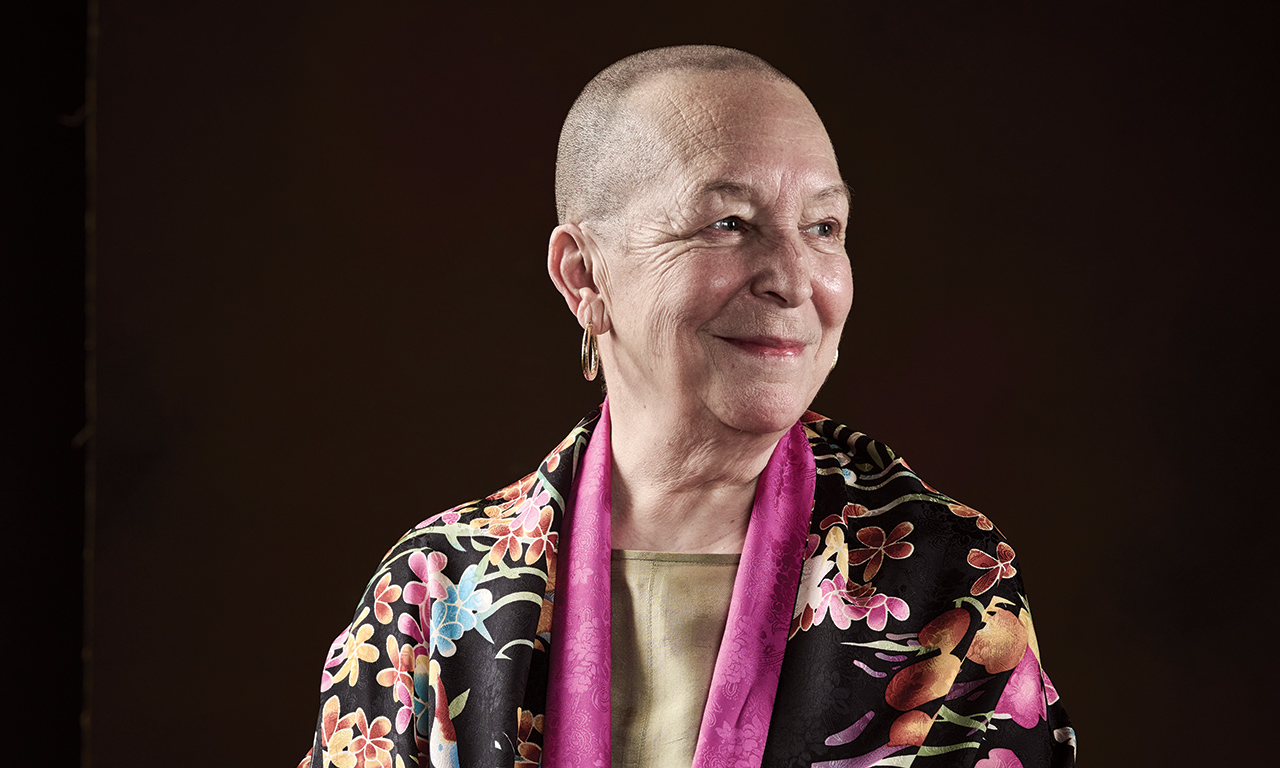
Pearl Cleage: Thanks to the Civil Rights Act, I had the chance to focus on being an American girl
One of the ways you can recognize that you have reached elder status is when you discover you can vividly recall events that took place 50 or 60 years ago. These are events that are now seen as having “historic importance,” even though in retrospect they may have seemed less so at the moment you were living through them in real time. That would certainly have been the case for me as a young person heading to Howard University from my home in Detroit.

Lee Osorio: Every citizen is central to the story Atlanta is telling together
The neighborhood I live in is called English Avenue. The northern end is a mile and a half from West Midtown, the southern end two and a half miles from the State Capitol and City Hall. Mercedes-Benz Stadium is in our backyard. Yet despite this proximity to Atlanta’s centers of privilege and power, the neighborhood has for too long been a background player in the story of this city.

Austin “Auzzy” Jerard Byrdsell: The influence of student journalists can never be underestimated
For the majority of my upbringing, I never considered myself to be any form of activist, or thought I had those qualities of leadership. But once I began my career as a journalist, I started to see how the work of social justice activists is so much more than leading protests and speaking to crowds, the actions we commonly think of as activism.

Shelley Wynter: The passage of the Civil Rights Act allowed me to be who I am
In the early ’70s, my mom saw that private schools in New York City were giving Black students the opportunity to attend their prestigious institutions on scholarship. The Civil Rights Act made this possible, but the schools that carried out the goal of the Act were the true heroes.
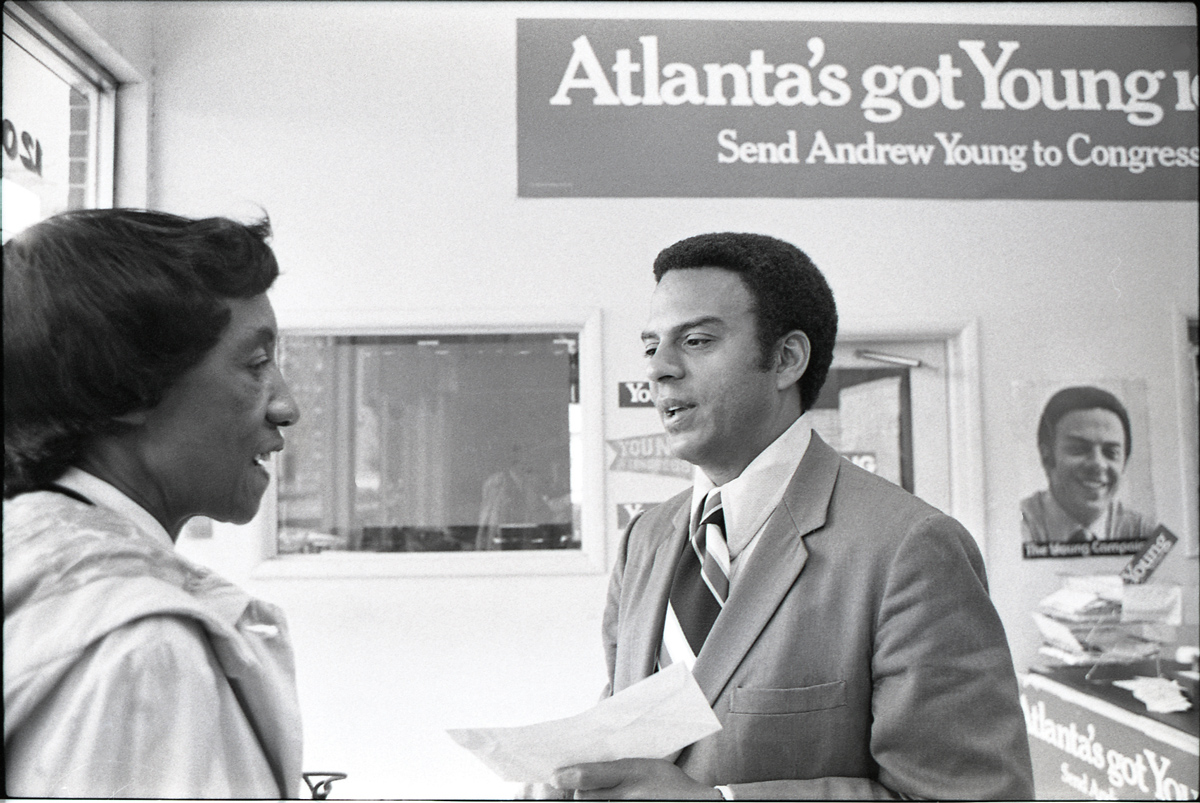
Andrew Young recounts the battles of the ’60s and his hopes for the future
Today, everybody in the South is living better than they’ve ever lived before, and we are much further along than we realize. The problems that still exist are hard to evaluate—in part because many people who identify as Christians seem to have gotten confused as to which side they’re on. Right now, we have a nation that seems to be completely divided.
-
The Connector

Two fringe festivals bring organized chaos to Atlanta theater this June
Lavender Fest, which showcases nine performances by queer artists, joins a busy June schedule for fringe in Atlanta. The Atlanta Fringe Festival will host 20 different shows at 7 venues. Instead of competing, the fringe festivals have promoted one another to make June Atlanta’s season of fringe.
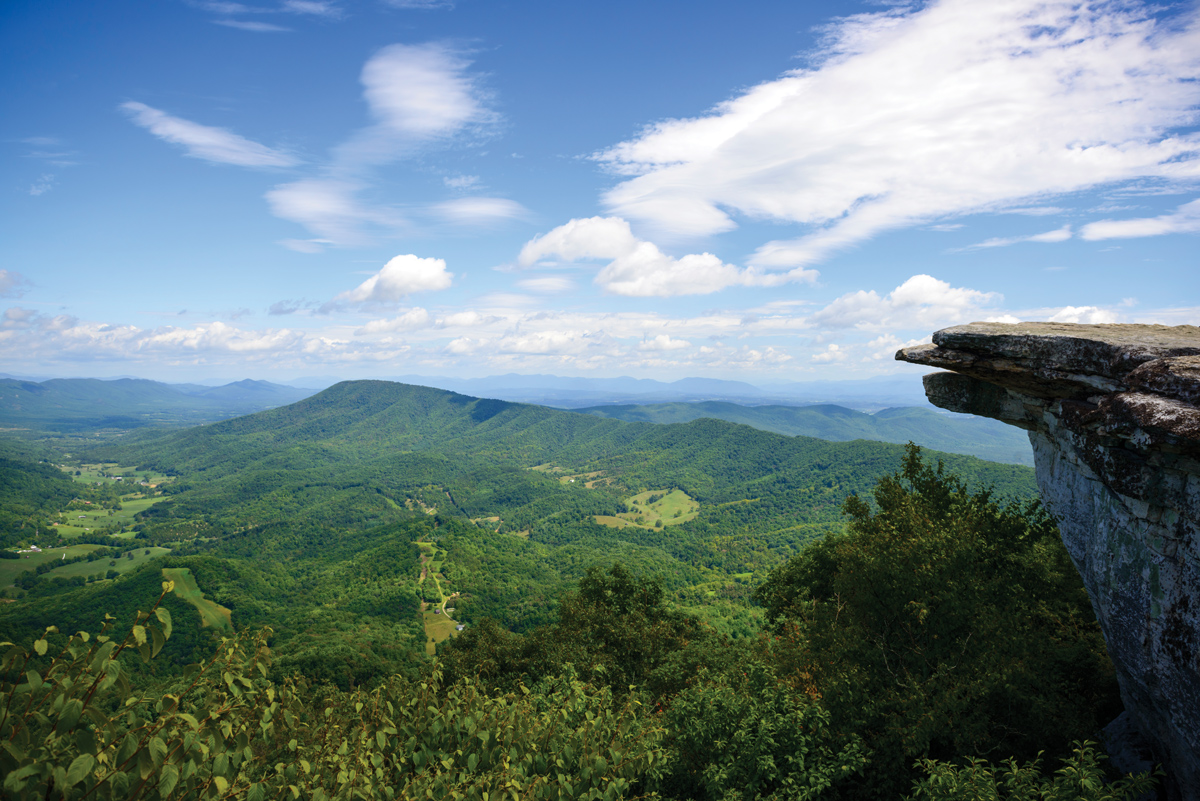
All aboard the Appalachian Trail: What hikers had to say as they began their journey in Georgia
Each spring, people from around the country descend on Springer Mountain, one hour north of metro Atlanta, to start a very long walk. About 3,000 hikers a year attempt the Appalachian Trail—the 2,198-mile footpath from Georgia to Maine—but only a quarter complete the entire stretch, which takes an average of six months. Northbound hikers begin at Amicalola Falls State Park to reach Springer Mountain, the southern terminus of the Appalachian Trail. On a sunny Saturday in March, Atlanta met a few of them at the start of their journey.
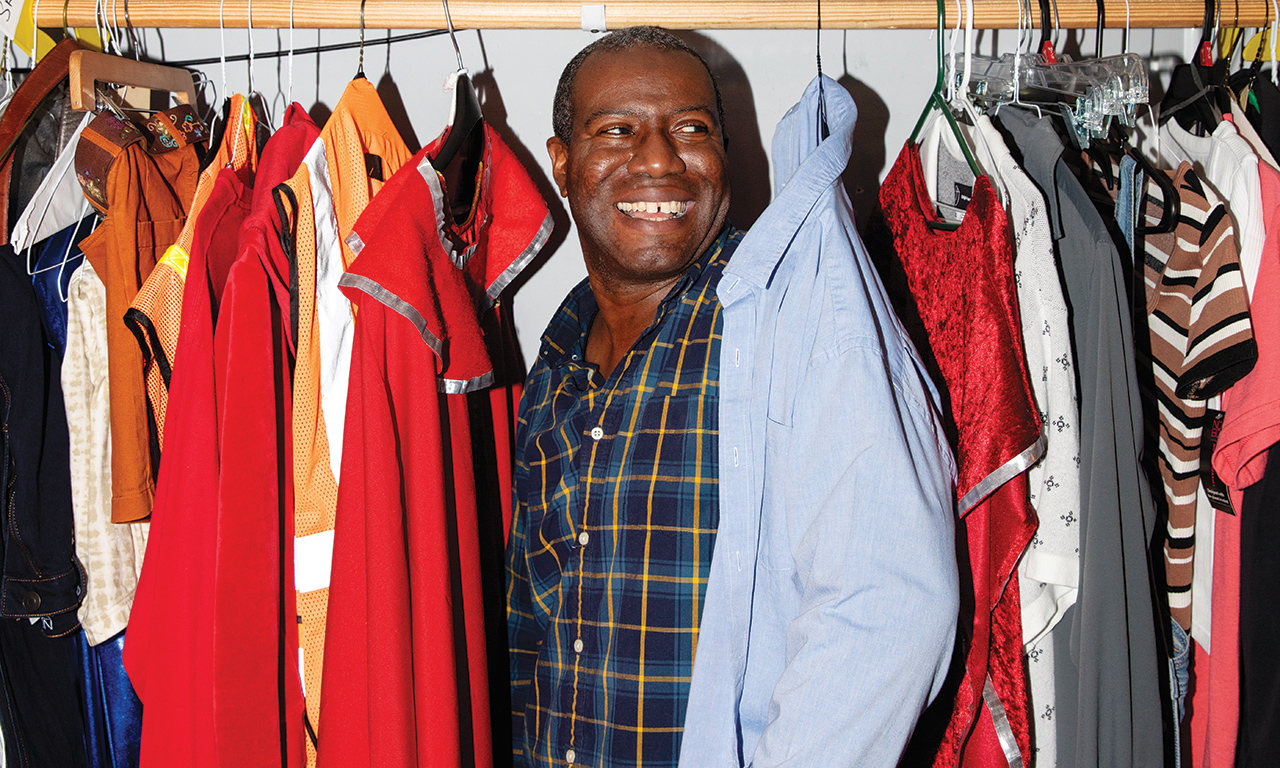
Jon Carr wants to talk about the future of Dad’s Garage—and comedy in Atlanta
Jon Carr spent 14 months helming the world’s most famous comedy theater, Chicago’s The Second City. And then he left. He returned to Atlanta, rejoining Dad’s Garage, the company that launched his own comedy career and where he now serves as executive producer. He’d learned a great deal in his time at The Second City, but one lesson most of all: After working to uphold a legacy established yesterday, Carr realized he wanted to build a new one for tomorrow.

Write Club is Atlanta’s favorite indie literature event
Part performance, part battle, the show pits writers against each other in three one-on-one bouts, centered on dueling ideas like “give versus receive” or “war versus peace”; the audience elects a winner for each round.

The Atlanta Magnet Man is clearing metal debris from city streets
Have you found a nail in your tire recently? You’re not alone. Luckily, Alex Benigno—aka Atlanta Magnet Man—is here to help. With a bicycle and a whole lot of magnets, Benigno has become the city’s de facto metallic debris collector, picking up screws, iron scraps, and all the other miscellaneous rusty hazards that litter Atlanta’s streets.
The Bite

The verdict on 3 new Atlanta dining spots: Ela, Mikata, and The Reading Room
A vibrant newcomer spices up the Mediterranean mix in Virginia-Highland, a modern take on hibachi opens in Dunwoody, and a new (but familiar) coffee shop comes to Decatur.

Review: Gourmet sandwiches at The Little Hippo hit all the right flavors
The first time I went to Jamie and Aaron Russell’s outdoor sandwich restaurant, on the main drag in Avondale Estates, was shortly after it opened in December 2023. It was love at first sight.

The return of the neighborhood butcher shop
Evergreen’s Butcher + Baker’s success coincides with a resurgence of the butchery industry throughout the nation. American butcher shops are no longer in decline, with research data showing growth in revenue and in the number of employees and businesses since 2019. Many are finding success offering meat with a side, via a connected restaurant, a retail market, or, as in Evergreen’s case, a bakery.
The Goods

Kelundra Smith’s debut play, The Wash, delves into the 1881 strike that stunned Atlanta
The Wash is set to have its world premiere June 7 to 30 at Synchronicity Theatre, then July 10 to 28 at Hapeville’s Academy Theatre, as a coproduction of Synchronicity and Impact Theatre Atlanta. Kelundra Smith’s play follows the lives of several fictional Black laundresses in 1881 Atlanta, all at crossroads in their personal lives and willing to fight for higher wages.

Atlanta native Meghna Davé brings Indian-inspired apparel and textiles to Maelu in Grant Park
Now in its 12th year of operation, Maelu is the marriage of Meghna Davé’s Indian heritage and American spirit. Collaborating with three block printers in India that specialize in different techniques, she combines the traditional with the modern. Her focus is on natural fibers, sustainable practices, and well-made pieces.
Miscellaneous
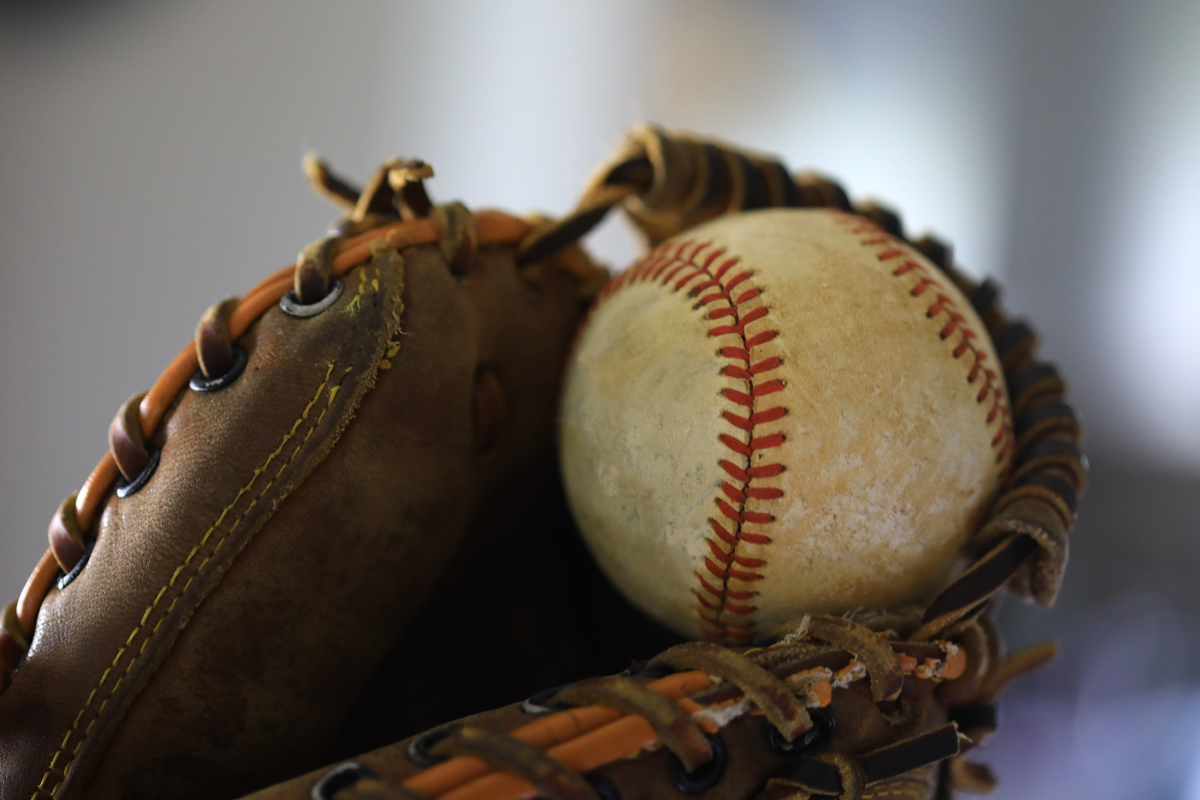
Editor’s Journal: The greatest pitching performance I’ve ever seen came from a 9-year-old
Nine-year-old Jesse Merrill was the Jackie Robinson of my hometown. Like much of the Southeast, my little West Georgia town caught baseball fever in 1966 when the Braves relocated from Milwaukee to Atlanta. That spring, two Little League teams were started to play in the county league.









